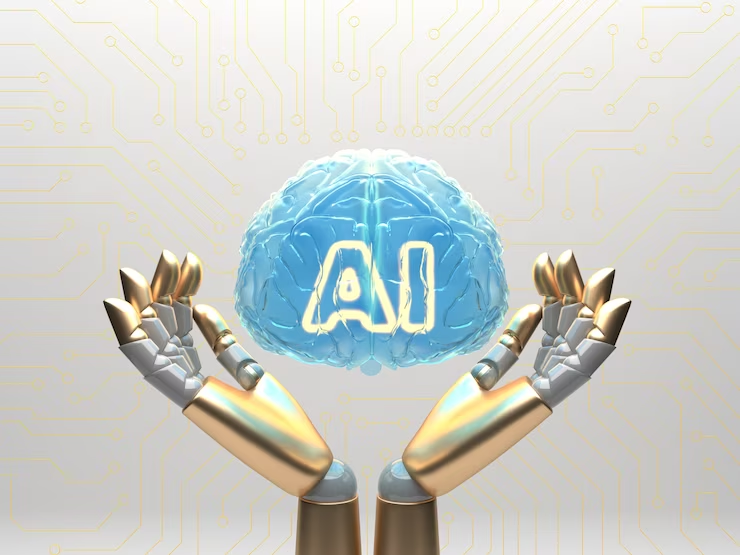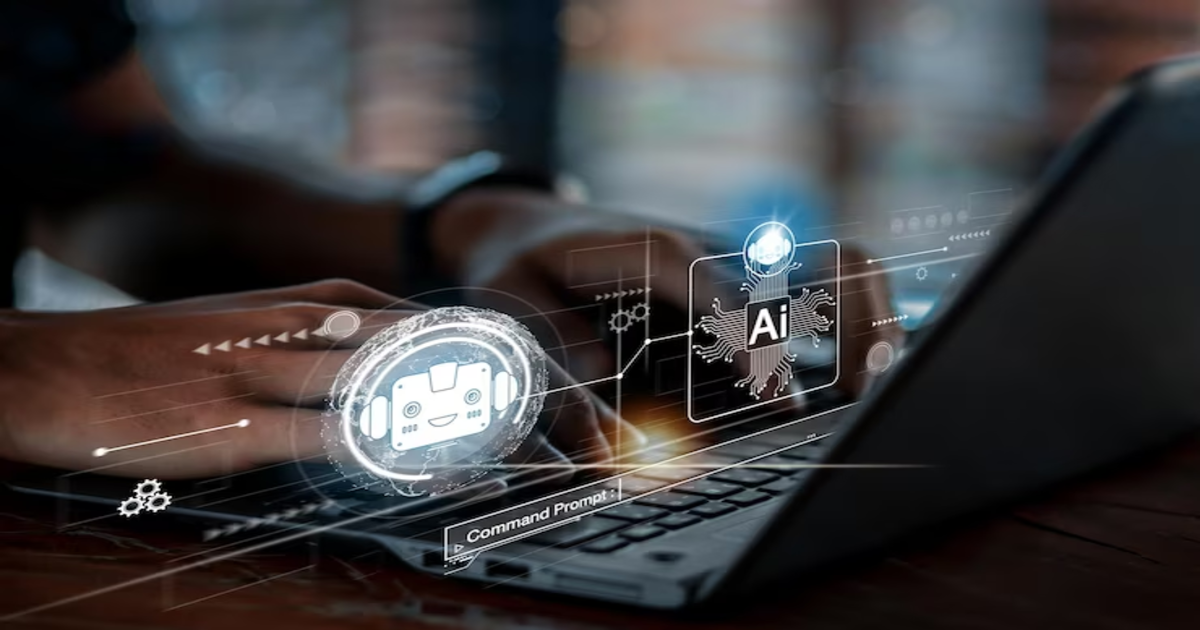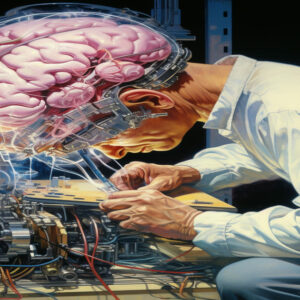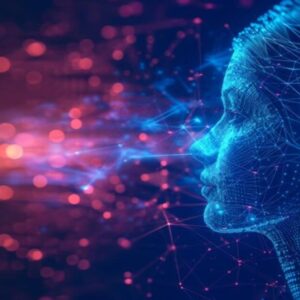Countdown to the Future
As we approach the future, artificial intelligence (AI) and machine learning (ML) continue to evolve at an extraordinary pace, shaping countless facets of our society. In this article, we will explore 10 exciting predictions for the future of these revolutionary technologies.
1. Rise of Creative Machines:
As AI algorithms become more sophisticated, we can expect an explosion of artificial creativity. From generating music and art to crafting film scripts, AI will increasingly enter the realm of artistic expression, challenging the boundaries of human creativity.
2. Pervasive Personalization:
Personalization will reach new heights with AI. From product recommendations to personalized user interfaces, ML technologies will continually learn from our behavior patterns, providing more personalized and efficient experiences.
3. AI-Driven Healthcare:
Medicine will be transformed by AI, with faster and more accurate diagnostics, personalized treatments, and advanced predictions about disease susceptibility. The intersection of AI and healthcare will be one of the most promising and impactful fields.
4. Explainable Machine Learning:
With the growing importance of ethics in AI, ML models will become more explainable. Understanding how algorithms make decisions will be crucial to ensure public trust and compliance with ethical regulations.
5. Empowering Small Businesses:
Accessibility to AI technology will increase, empowering small businesses to adopt customized solutions to improve operational efficiency and compete in an increasingly digital global market.

6. Enhanced Human-Machine Collaboration:
Collaboration between humans and machines will become closer. As AI systems enhance human capabilities, we will see a deeper symbiosis between humans and machines across various sectors, driving innovation.
7. Advanced Cyber Threat Protection:
With the rise of cyber threats, AI will become crucial for digital security. Advanced machine learning systems will be crucial in the detection and proactive prevention of attacks, protecting sensitive data on a global scale.
8. Education Revolution:
AI will revolutionize education, personalizing learning, providing adaptive feedback, and facilitating accessibility to knowledge. This will transform how we learn and prepare for the challenges of the future.
9. Integration of AI in Everyday Life:
The presence of AI will be even more integrated into our daily lives, from virtual assistants to smart appliances. This integration will ease daily tasks and enable more intuitive interaction with technology.
10. Reinforced Ethics and Governance:
The importance of ethics in AI will be heightened, leading to reinforced governance practices. Society will demand transparency, accountability, and fairness in the creation and implementation of AI technologies, driving a more ethical and sustainable future.
11. Ethical AI Design Principles:
The industry will witness a surge in the adoption of ethical AI design principles. These principles will guide the development process, emphasizing fairness, transparency, accountability, and the minimization of bias. The integration of ethical considerations from the outset will become a standard practice.
12. Addressing Bias in AI Algorithms:
One of the critical challenges in AI is mitigating bias in algorithms. Efforts will intensify to develop algorithms that are more inclusive and less prone to biased decision-making. AI developers will focus on creating systems that treat all individuals equitably, regardless of their background.
13. Regulation and Compliance Frameworks:
Governments and international bodies will play a pivotal role in establishing regulatory frameworks for AI and ML. Stricter guidelines and compliance measures will be implemented to ensure that the ethical standards set for these technologies are adhered to across industries.

14. AI Education and Literacy:
As AI becomes ubiquitous, there will be a growing need for AI education and literacy. Individuals, businesses, and policymakers will seek a better understanding of AI’s capabilities, limitations, and ethical implications. This knowledge will empower stakeholders to make informed decisions about AI adoption and usage.
15. Collaboration for Global AI Ethics Standards:
Given the global nature of AI, there will be increased collaboration among nations to establish universal ethics standards. International agreements and collaborations will aim to create a cohesive set of ethical guidelines, fostering responsible AI development and use on a global scale.
16. AI for Social Good:
The application of AI for social good will gain prominence. From addressing environmental challenges to improving healthcare access, AI will be harnessed to create positive societal impact. Ethical considerations will be at the forefront of using AI to drive solutions for the betterment of humanity.
17. Transparency in AI Decision-Making:
Transparency will be a key focus in AI development. Ensuring that AI systems provide clear explanations for their decisions will enhance accountability and user trust. The “black box” nature of some AI algorithms will be addressed through efforts to make decision-making processes more understandable.
18. Continuous Ethical Audits:
Ethical considerations will not be a one-time concern but an ongoing commitment. Continuous ethical audits of AI systems will become standard practice to identify and rectify any ethical issues that may arise during the system’s lifecycle.
19. Human-Centric AI Development:
AI development will increasingly prioritize human-centric approaches. The goal will be to augment human capabilities rather than replace them. Ethical AI development will emphasize collaboration between humans and machines to enhance overall societal well-being.
20. Public Engagement in AI Decision-Making:
Public engagement will become integral in shaping AI policies and decision-making. Inclusive discussions involving diverse perspectives will contribute to the development of AI systems that align with societal values and address concerns raised by various communities.
In conclusion, the countdown to the future of AI and ML is not just a journey into technological advancements but also a profound exploration of ethical considerations. As we anticipate the transformative impact of these technologies, fostering a culture of responsible AI development will be essential for a future where innovation and ethics coexist harmoniously.
Did you like this topic? See more content about: AI & Machine Learning
FONTE: TECHOPEDIA





